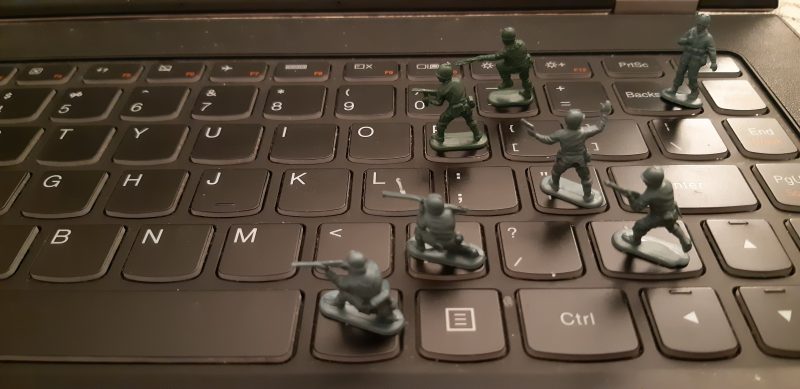Finland: Russia’s Neighbor Finland Mounts Defenses Against Election Meddling | Bloomberg
The country that shares a bigger border with Russia than the rest of the European Union combined is ramping up its defenses against the threat of foreign meddling in its April 14 election. Finland has always had a love-hate relationship with its much bigger neighbor. A history of tension and bloody confrontations has given way to a strong trading partnership, and the country’s diplomatic role as a bridge between Russia and the West is one reason why its capital was picked for last year’s summit between Donald Trump and Vladimir Putin. But with evidence of Russian interference in Western politics mounting, the euro area’s northernmost member state remains on high alert. Social media influence campaigns or direct cyber attacks are already thought to have impacted key votes such as the U.S. election in 2016 and the U.K’s Brexit referendum.


 Ukrainians will head for the polls on Sunday 31 March in what will be the first regular national elections since the country’s 2014 Euromaidan revolution. With its Crimean peninsula still occupied by Russian forces, an ongoing military conflict in eastern Ukraine, and rising activity of far-right groups, the country is a prime target for both domestic and external information influence operations. Ukraine has been in the crossfire of disinformation warfare since 2014, with multiple political actors attempting to disrupt its democratic development. The elections for both the office of the president and parliamentary seats will be a crucial test for Ukraine’s democracy and stability. Much of the action has taken place on Facebook, which is the country’s most popular social network. Despite persistent efforts of civil society and media groups, Facebook has done relatively little to respond to Ukraine’s disinformation problem in the past. But the company changed its tune in January, when it publicly announced that it had taken steps to counter some of these issues.
Ukrainians will head for the polls on Sunday 31 March in what will be the first regular national elections since the country’s 2014 Euromaidan revolution. With its Crimean peninsula still occupied by Russian forces, an ongoing military conflict in eastern Ukraine, and rising activity of far-right groups, the country is a prime target for both domestic and external information influence operations. Ukraine has been in the crossfire of disinformation warfare since 2014, with multiple political actors attempting to disrupt its democratic development. The elections for both the office of the president and parliamentary seats will be a crucial test for Ukraine’s democracy and stability. Much of the action has taken place on Facebook, which is the country’s most popular social network. Despite persistent efforts of civil society and media groups, Facebook has done relatively little to respond to Ukraine’s disinformation problem in the past. But the company changed its tune in January, when it publicly announced that it had taken steps to counter some of these issues.